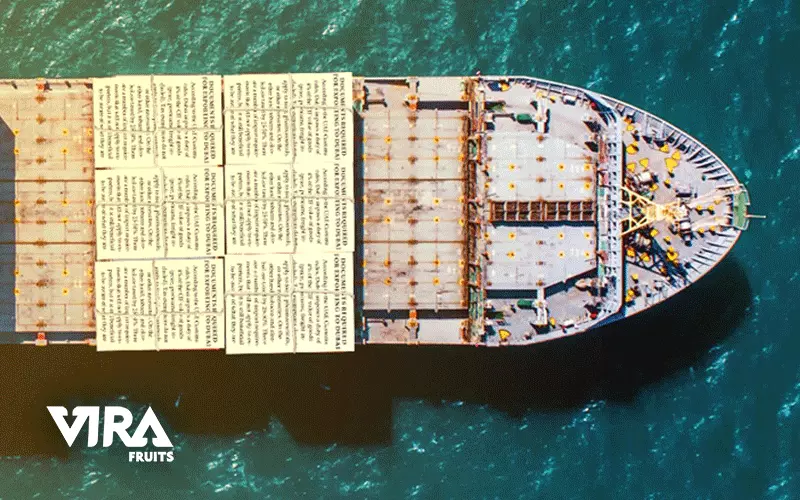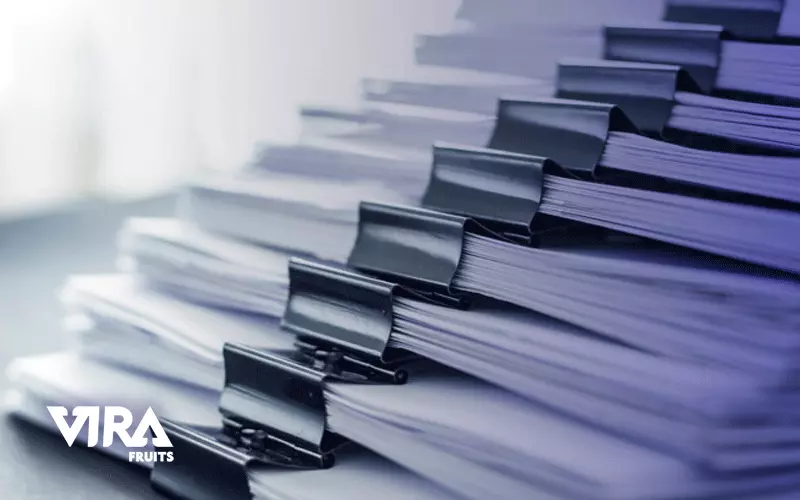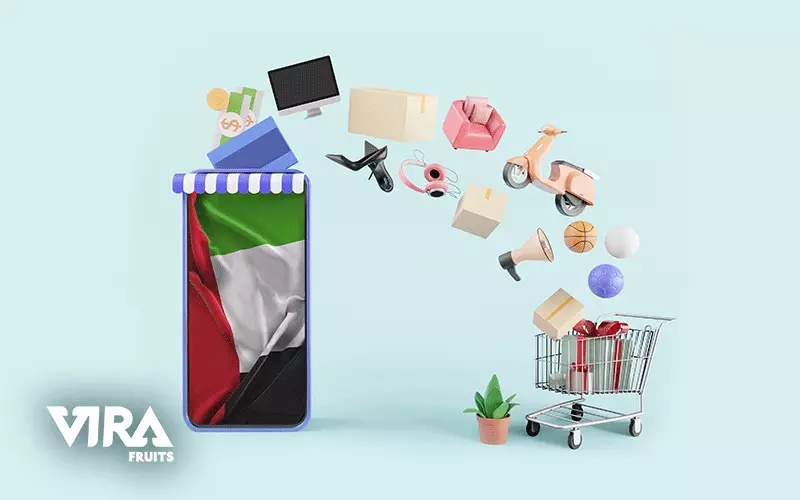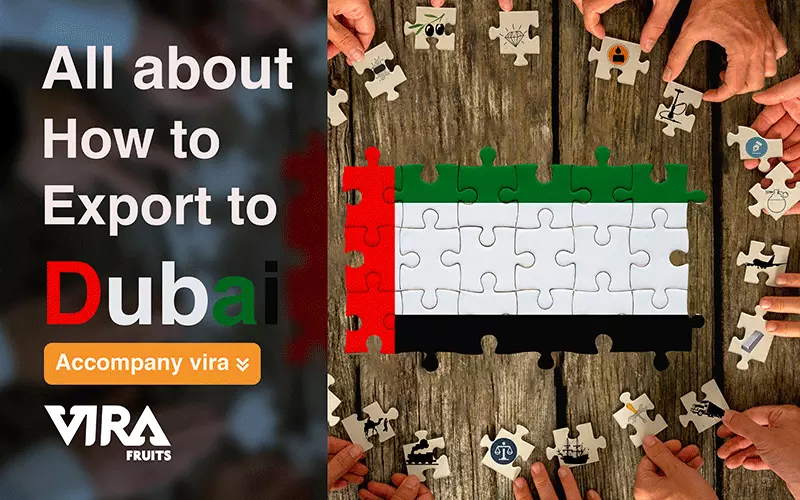For exporting to Dubai, you should gain knowledge like what are the countries that export to Dubai, what are the products that Dubai imports, and the required regulations. Approximately 32 countries in the world count the United Arab Emirates among their trading partners, which is a member of the World Trade Organization. In addition to natural gas and crude oil, food products and products which will be re-exported constitute the main export commodities. Besides metals like copper and aluminum, Dubai also exports to Japan, Korea, Thailand, India, and Iran who are the chief recipients. Export markets for Dubai include Chinese, Japanese, Korean, Middle Eastern, European, and US countries.
Some of the Dubai export products:
To be successful on Dubai’s market to export and enter, one must also know exactly what products can be exported there.
- Mineral fuels including oil: about (22.4% of total exports)
- Electrical machinery, equipment: About (7.7%)
- Machinery including computers: About (5.2%)
- Tobacco manufactured substitutes: About (1.7%)
- Plastics, plastic articles: About (1.7%)
- Gems, precious metals: about (15.1%)
- Aircrafts, space crafts: About (1%)
- Perfumes, cosmetics: About (0.8%)
- Vehicles: About (4%)
- Aluminum: About (2%)

What are the regulations for exporting to Dubai?
Dubai customs require certain procedures and documents for exporting into Dubai. According to the UAE Customs rules, Dubai imposes a duty of 4% of the CIF value of goods (price, premiums, freight included). Tax exemptions do not apply to food, pharmaceuticals, or other necessities. On the other hand, tobacco and alcohol are taxed by 25-50%. There are a number of import requirements that will not apply to exporters, but it is still beneficial to be aware of what they are.
License to import
A license issued by the local authorities allows importers to purchase only goods related to the business sector listed on the license. Animal products, including beef and poultry, imported from another country must have a medical quarantine certification, along with a certificate of killing according to Islamic religious law (halal). Pork and lard are prohibited from entering this market. Muslims in the country of origin issue these certificates. Certified Halal products and services meet Halal standard requirements and adhere to Shari’ah law after an independent third-party and objective review. The only products that Muslim consumers trust is those with Halal certification marks.
Imports from Kuwait, Oman, Qatar, and Saudi Arabia are eligible for incentives following their membership in the Cooperation Council for the Arab States of the Gulf (CCASG). As a result, these countries do not impose import duties on goods imported into Dubai.

What documents are required for exporting to Dubai
Dubai requires standard import documents for all imported goods. In this regard, the following documents are required in order for goods to be cleared:
- sea waybills (for goods shipped by sea) or air waybills (for goods shipped by aircraft)
- certificate of the origin, as well as information provided by the exporting country or certified by its embassy in Dubai
- Proforma invoice and contract of sales purchase.
- Specifications specifying usage, manufacturer, importer, product composition, date of manufacture, and expiration date have to also be included in a product specification.
- Despite its international status, food items/products must have English and Arabic on packaging: canned foods, processed foods, beverages.
- Sales-purchase contract between exporter and importer.
- The exporter’s packing list.

How can you get import orders from Dubai?
Your export-import business can succeed by finding importers from Dubai. Dubai’s population may only be 3.2 million, but its consumers and companies are wealthy, the per capita income is over $20,000, which means they have significant purchasing power. You should know how to find Dubai Importers and Buyers if you want to locate the Dubai Importers and Buyers. Here are some ways for finding them:
- Search Dubaian customers on the internet
- Use the internet and website to mark your products
- Participate the fairs, exhibitions
- Visit Dubai markets in the free trade Zone
- Use international and local Dubai Chamber of commerce
